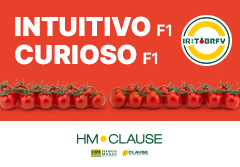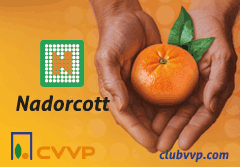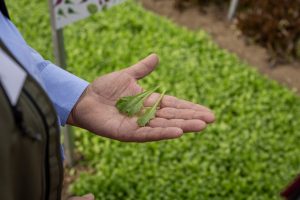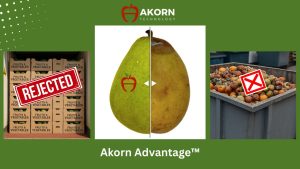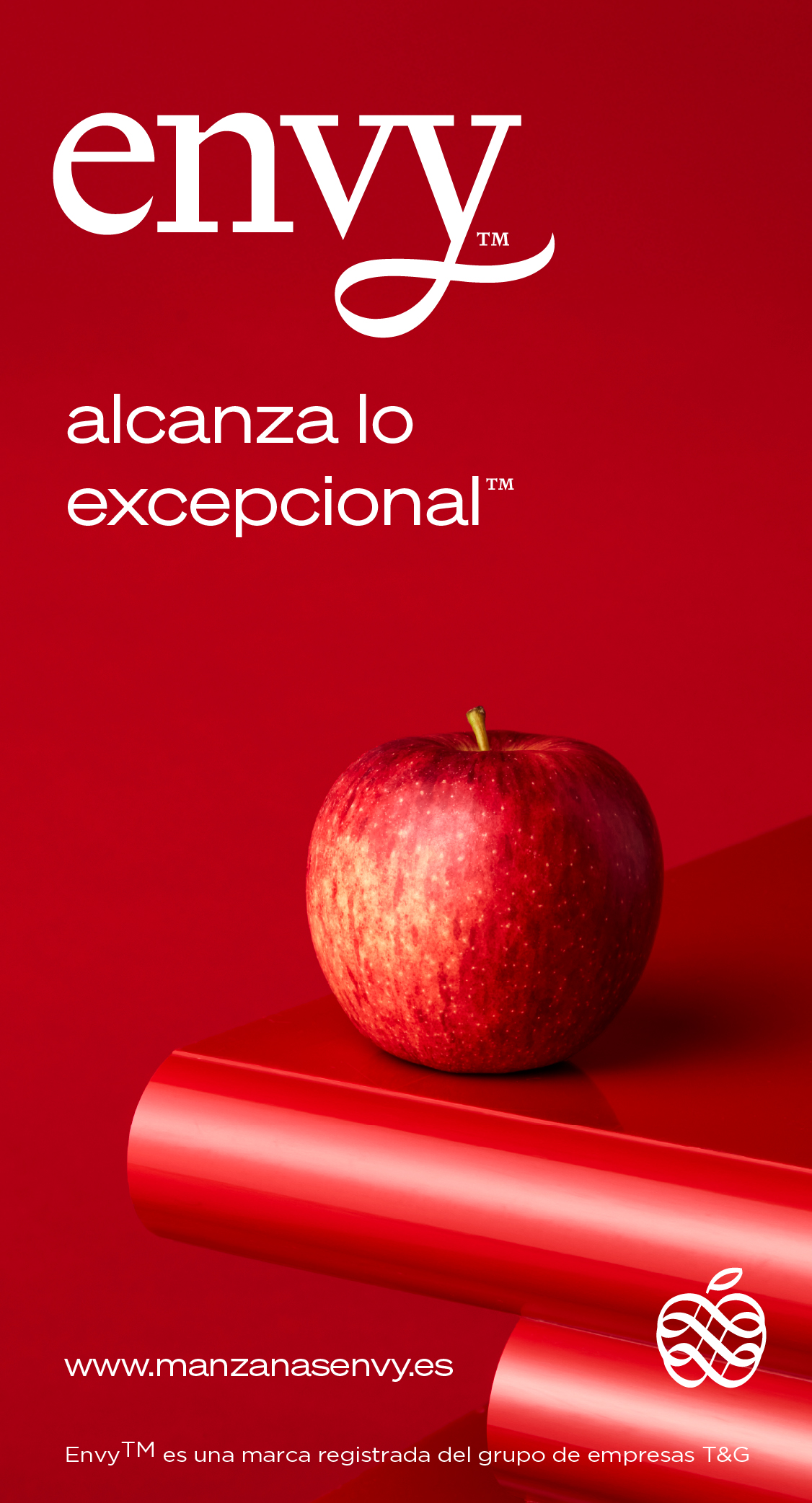Fruit Today magazine spoke with Mariola Filgueira, fresh cut marketing manager of the group, to learn about the latest developments in its notable expansion.
What has been your international growth and where are your operations based? Are there many differences in consumer preferences across the countries you operate in?
At Foodiverse, we have 9 production plants across Europe (over 70,000 m² of industrial space): in Spain, Verdifresh Aranda, Antequera, and Ribarroja, as well as Agromediterránea in Murcia; in Italy, Ortoverde; in Switzerland, Josef Müller Gemüse; and in Germany—where we were already operating through Thurländer Salate—we have just added Greenfresh Reutlingen and Straelen, with the support of our strategic partner Taylor Farms (a market leader in the U.S. and Canada).
We also have Comfresh, a distribution and marketing company based in Madrid, and our own fields in different regions of Spain and northern Italy (more than 2,700 hectares managed in total). Today, our healthy products reach 16 countries through more than 350 customers.
At Foodiverse, we embrace a ‘glocal’ management approach: we maintain a global vision that allows us to export best practices, while applying local management by relying on the best in-country talent, enabling us to adapt to local tastes in each market.
Just a few months ago, we launched a range of microwave steamable vegetable bags in Italy—a product already well established in Spain but a pioneer in that country.
RELATED NEWS: Foodiverse and Taylor Farms acquire Bonduelle Group’s salad business in Germany
In Switzerland, we’ve just introduced microwaveable ready meals, adapted to local cuisine and exotic flavours like Red Thai Curry. There, we also stand out for our ultra-fresh salads featuring premium ingredients, from toppings like hummus and burrata to globally inspired recipes with kebab meat, couscous, lentils, etc.
In Germany, we offer a wide, unique range of ingredients, including traditional recipes like Maultaschen or Frikadellen. In fact, our Greenfresh plants have just launched practical 60 g bags of Grüner Mix (iceberg, frisée, and butterhead lettuce). Another recent innovation is the XXL Country Mix bag (300 g), with frisée lettuce, lollo rosso, carrot, and corn—perfect for sharing.
You are known for constant innovation. Can you share some recent examples?
We recently introduced our salad kits, a pioneering product now available in a national retail chain. We believe it will perform very well as an alternative format to the current salad bowl or bag. It offers a family-size salad (330 g), ready to enjoy and share, and includes a lettuce mix along with toppings and dressing.
We’ve launched two recipes: the Caesar Kit with lettuce, chicken, cheese, croutons, and Caesar dressing; and the Mexican Kit, which includes Tex Mex bread crisps (with jalapeño and lime), shredded cheese, a mix of lettuces, and ranch dressing.
We were inspired by some of our American partner Taylor Farms’ salad kits.
Another growing category, aligned with our goal of helping consumers eat a balanced diet, is ultra-fresh salads. Common in the fresh aisles of Northern Europe, these premium recipes feature high-value ingredients in cardboard trays and are defined by maximum freshness and quality.
Regarding new category development, in Spain, we have launched (as private label) a range of ready-to-cook vegetables, consisting of washed and chopped vegetables and greens that can be sautéed or boiled to make soups and purées: pepper and onion sauté, stir-fry mix, vegetable mix, pumpkin cream, vegetable soup…
Within your salad ranges, which product is expanding most strongly?
The salad bowl category continues to grow every day. In fact, in recent years, major retailers have also expanded their private label offerings. Consumers love having a wide variety of salads to choose from, with different, more premium ingredients, global flavours, etc.
What actions are you taking to reduce the environmental impact of plastics?
All our complete salads contain at least 80% rPET and are 100% recyclable. We aim to minimise the weight and thickness of both plastic and other materials like cardboard. We also opt for monomaterials to enhance recyclability.
In collaboration with our clients, we develop products without forks, or with forks made of reusable and compostable materials such as PLA, and biodegradable materials like FSC-certified bamboo.
Regarding Comfresh, what are the latest developments in fresh cut and how is the category evolving?
We’ve launched a snacking range featuring baby carrots and radishes, along with wraps and cold-pressed juices in various formats (from 125 ml functional shots to 750 ml family sizes). This range also includes sauces like guacamole, brocomole, and hummus, and even vegetable soups like pumpkin or zucchini cream.





